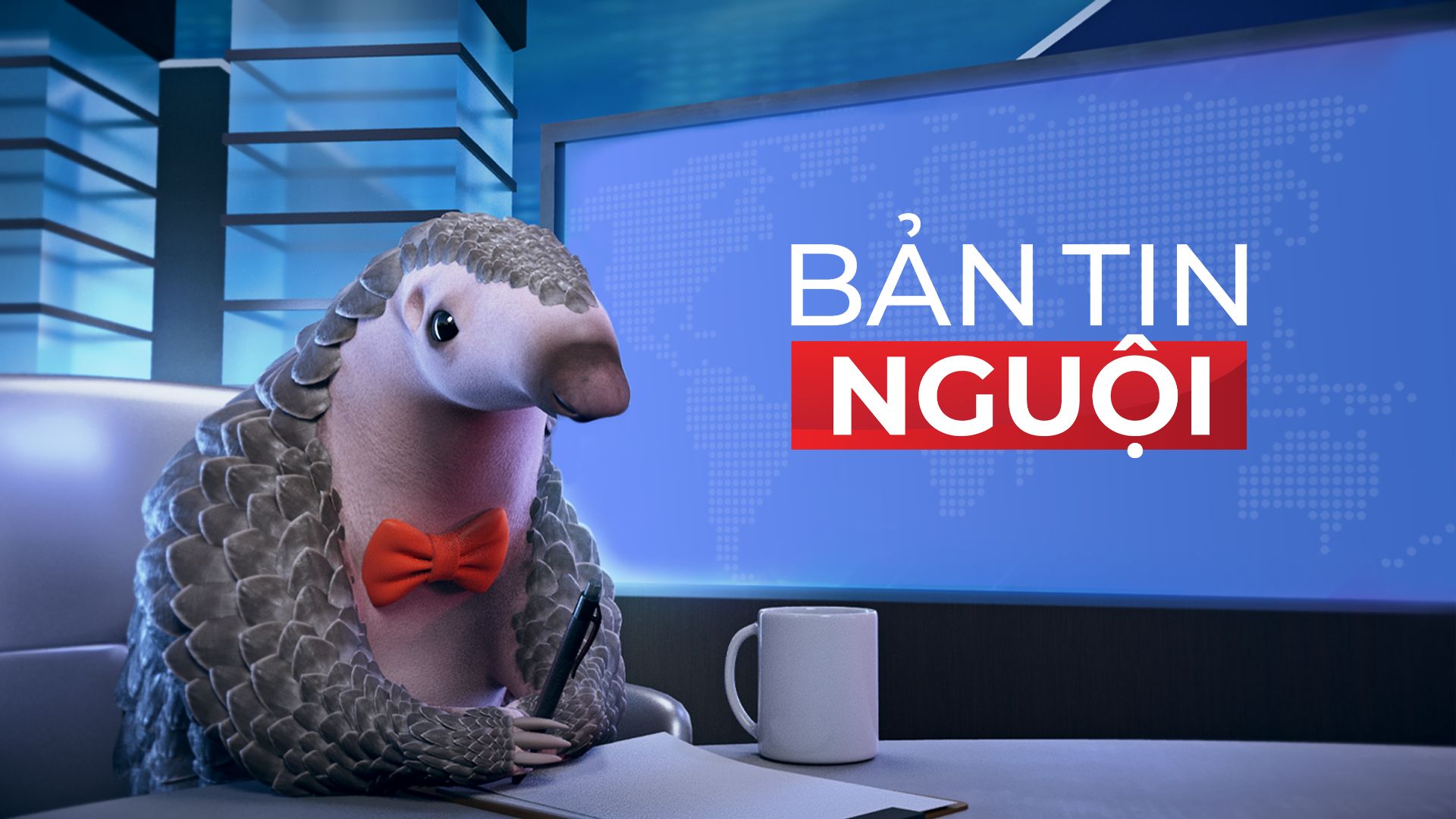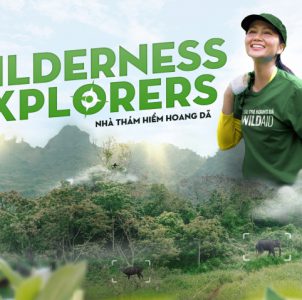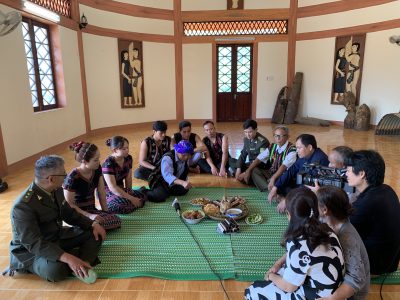SAY “NO” TO BUSHMEAT
Say “No” to Bushmeat is a platform dedicated to raising awareness about the threats associated with the consumption and trade of bushmeat.
Through our platform, you can join a growing community committed to saying “no” to bushmeat. Sign our pledge to reject the consumption of bushmeat and help protect wildlife.
 To report wildlife-related crimes in Vietnam, contact the Wildlife Hotline numbers:
To report wildlife-related crimes in Vietnam, contact the Wildlife Hotline numbers:
- For Thua Thien – Hue, contact: 08 4477 3030
- For everywhere else in Vietnam, contact: 1800 1522
VISION & MISSION
VISION
Our vision is a world where wildlife can thrive, free from the threats of poaching, trafficking, and consumption.
MISSION
Our mission is to transform public perceptions and disrupt behaviors that drive the demand for bushmeat in Vietnam. We will achieve this through strategic communications campaigns, engaging key influencers and stakeholders, strengthening enforcement, and promoting wildlife-friendly tourism.
KEY NUMBERS
wildlife species in Vietnam are threatened with extinction. (IUCN Red List, 2024)
tons of bushmeat are consumed annually in Vietnam. (WWF, 2022)
human diseases originated from wildlife in the last 60 years. (WOAH, 2021)
(years) behind bars is the heaviest penalty to traders, storers, and traffickers of products from endangered, precious, and rare wildlife. (2015 Penal Code)
Hunters preserve meat by putting the animal they have just hunted in a plastic bag, burying it in the ground, marking it carefully and then continuing their hunting journey. When dug up, bushmeat is sometimes rotten, but is still brought back to sell to traders, then laced with chemicals to be transported to the city to sell to restaurants and pubs.
Rùng mình công nghệ ủ thịt thú rừng (Dân trí)
Fake bushmeat is mostly made from sow meat. The sow meat becomes wild boar meat through the following steps: the pig is starved to have lean meat, then slaughtered when exhausted. Fake hair strands are implanted on its skin to imitate bushmeat.
Lật tẩy kỹ nghệ làm giả “đặc sản thú rừng” siêu đẳng (Giáo dục Việt Nam)
When we asked why “traders” smear formaldehyde on bushmeat, Tinh explained:” Because traders leave the meat in the middle of the market all day. Without proper storage, the meat will definitely rot, which is why the preservative had to be used.”
Hãi hùng nguồn bệnh từ thịt thú rừng: Ăn cả chất độc (VietnamPlus)
The hunter quickly dropped his gun and ran towards his fallen prey. He quickly took out a large syringe, filled a tube of the pre-mixed chemical from a jar and injected it all over the animal’s body. Bushmeat is fat-free and high-protein. It only takes one day to rot in the forest, so it must be injected or marinated with preservatives.”
Thịt thú rừng ướp formol? (An ninh Thủ đô)
Nowadays, most consumers are not aware of the potential risks that they, their relatives and society suffer when consuming bushmeat. According to statistics, in the past 30 years, about 75% of new diseases in humans are transmitted from animals. History has also recorded a series of serious outbreaks such as acute respiratory syndrome (SARS), EBOLA, or recent cases such as Covid-19, all of which originated from animals.
Tiêu thụ thịt thú rừng: Những hệ lụy khôn lường cho sức khỏe con người (Thanh niên)
Mr. Nguyen Dinh Cuong, Director of the Ho Chi Minh City Forest Protection Department, also affirmed: “There is no fresh bushmeat in the city, those claim to sell fresh meat are rotten meat, or laced with preservations.”
Kinh hãi thịt rừng! (Thanh Niên)
Eating wild, exotic bushmeat to show their status symbol has caused many people to bring disaster upon themselves, from being infected with diseases to even losing one’s life.
Rước họa vì ăn thịt ‘lạ’ (Thanh niên)
EXECUTED CAMPAIGNS
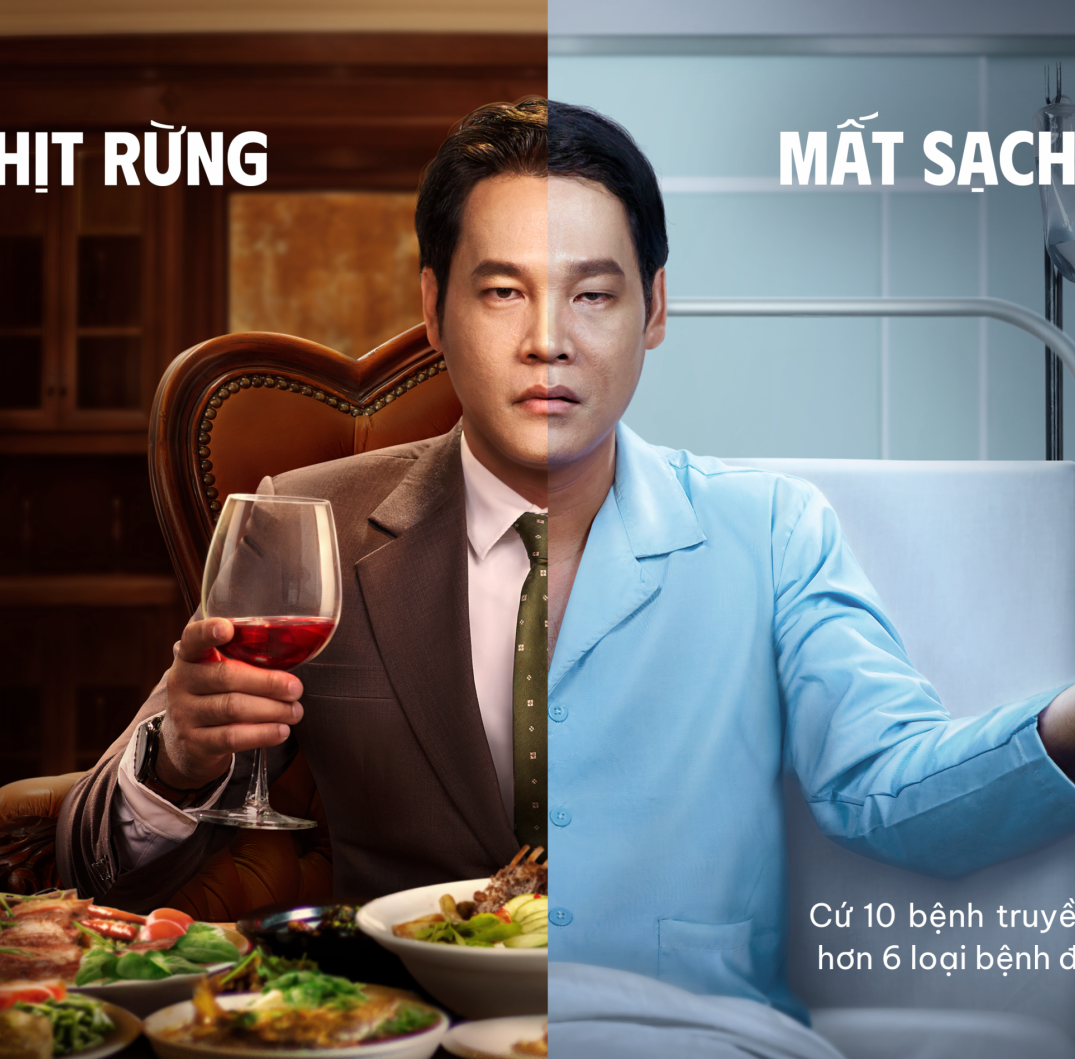 GOOD FOR NOTHING BUSHMEAT
GOOD FOR NOTHING BUSHMEATBushmeat consumption in Vietnam has increased significantly in recent years, especially in urban areas due to misguided beliefs on the “wonders” of wildlife products. The Good-for-Nothing Bushmeat campaign questions the “hygienic, gourmet, and organic” impression of bushmeat, and serves as a play on words in Vietnamese, meaning one will lose everything with just a bite of bushmeat.
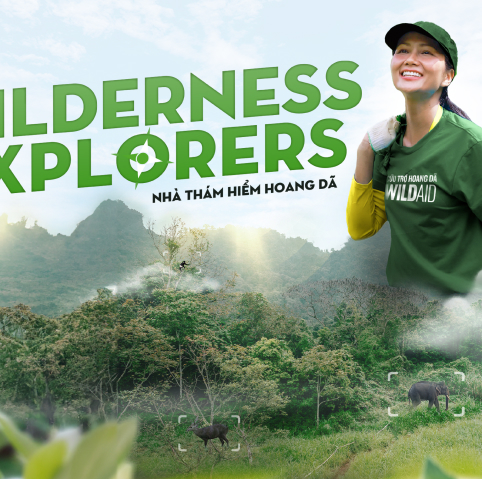 WILDERNESS EXPLORERS
WILDERNESS EXPLORERSTourists who aren’t aware of the complicated dynamics and threats to wildlife and ecosystems can accidentally harm species and their habitats. In many travel destinations, bushmeat is considered a delicacy, thus many travelers try it. Wilderness Explorers set out to promote sustainable and ethical travel that supports animal-friendly practices, and to discourage the consumption of bushmeat and other wildlife products.
 NOT-SO-BREAKING NEWS
NOT-SO-BREAKING NEWSStemming from the lack of news reports and media advocates for wildlife, the Not-so-breaking News TikTok channel was deployed to enhance media coverage of wildlife-related news. The channel aims to increase awareness about the impacts of their actions, and encourage more sustainable behaviors that lead to a reduction in the demand for wildlife products.
 PANGOLIN REPORT
PANGOLIN REPORTIn the era of advanced science, many doctors in Traditional Medicine have realized that using pangolin scales or similar medicines to treat diseases lacks clinical basis. Therefore, CHOICE and WildAid Vietnam conducted a report on “Pangolins and the Perspectives of Traditional Medicine Practitioners” to delve further on the topic.
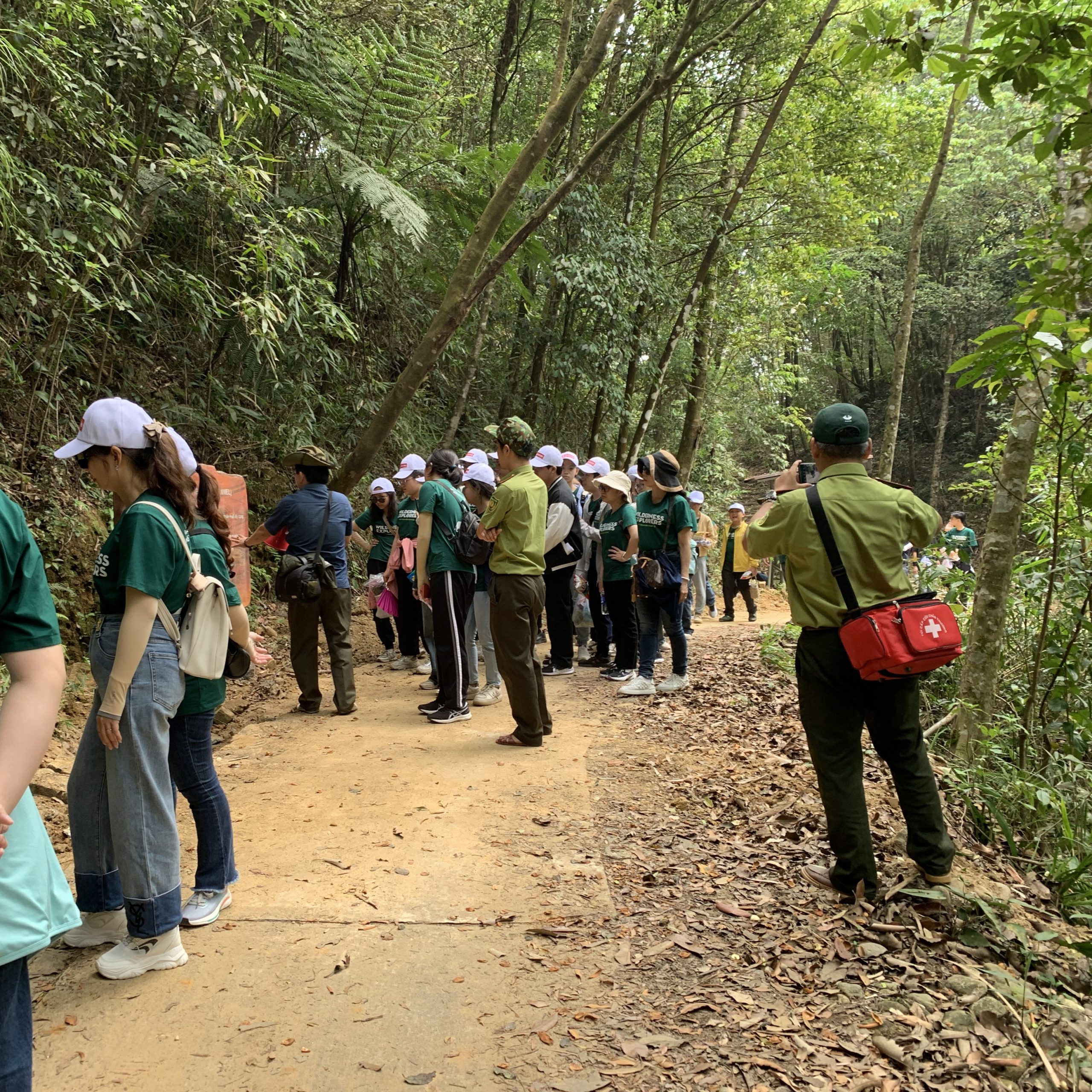 BACK TO THE WILD
BACK TO THE WILDThe program creates opportunities for students in Hue to learn more about the tropical forest ecosystem along with rare flora and fauna species here, as well as local culture and communities living in the buffer zones of the forest.
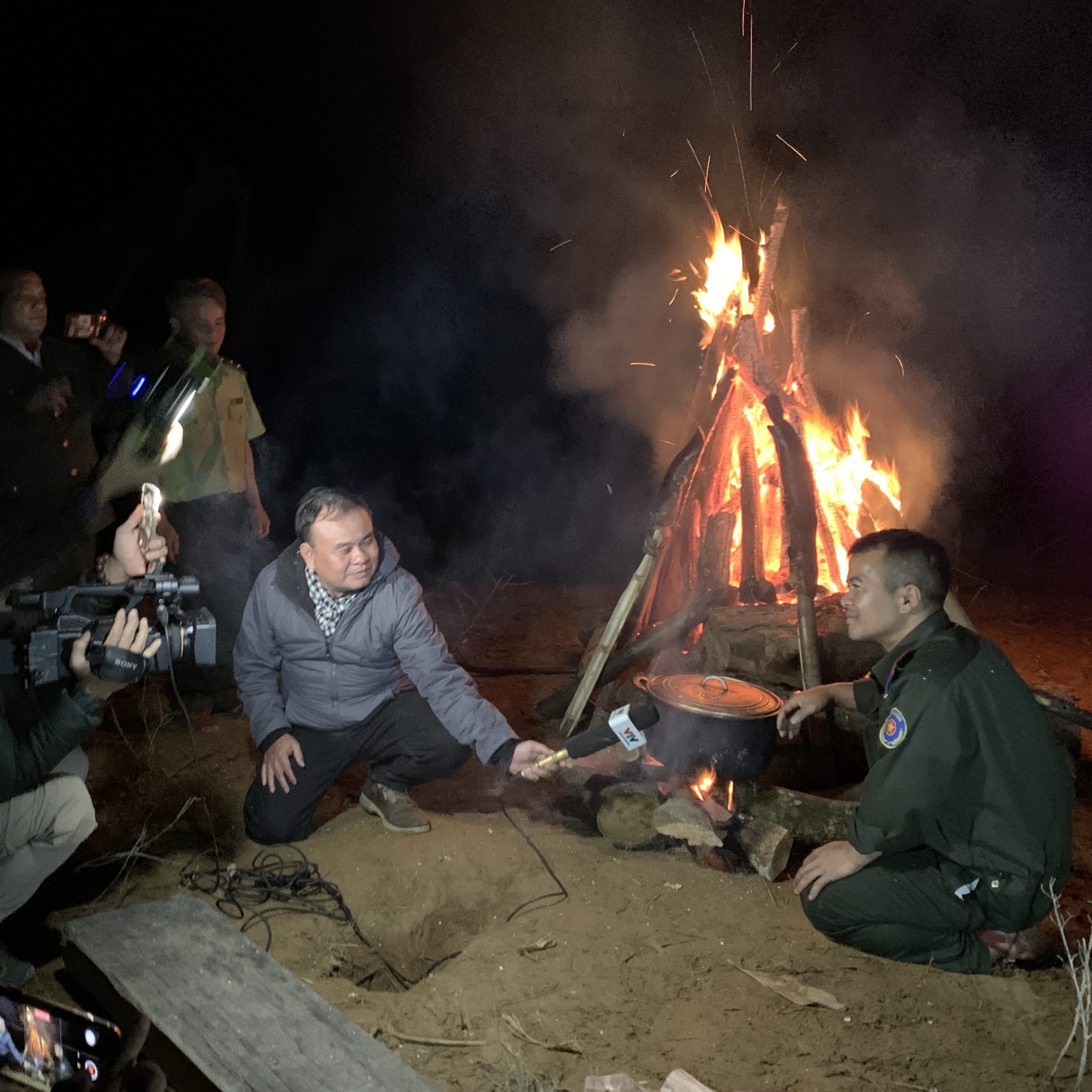 TET IN THE WILD
TET IN THE WILDFollowing the footsteps of Forest Rangers and Forest Protection Officers at Cha Linh – Mu Nu Ranger Station, “Tet in the Forest” shows a slice in the life of the arduous but difficult work of preserving nature and wildlife of the forest rangers here. Additionally, the report also shows the Tet customs of highland people in Hong Ha commune.
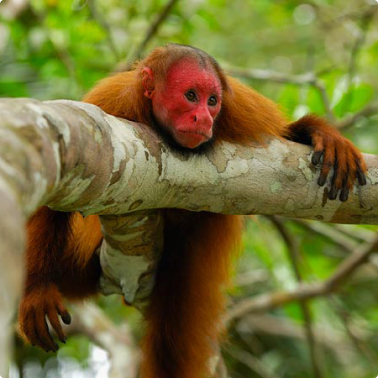

DO's
- Choose sustainable protein sources.
- Report illegal activities of poaching and wildlife trade.
- Educate oneself and others about the risks associated with bushmeat.
DON'Ts
- Buy or consume bushmeat and other wildlife products.
- Harm or disturb the wildlife or their habitats.
- Support illegal or unethical practices of poaching, trafficking, wildlife trade, or animal abuse.
GENERAL DO’s AND DON’Ts
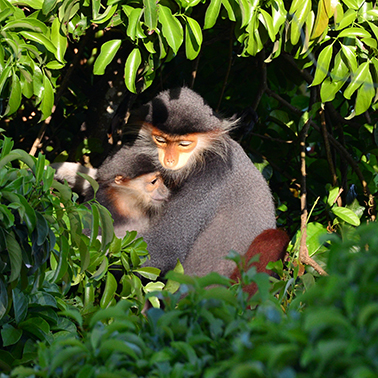
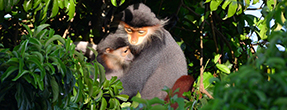
- Choose ecotourism trips or non-invasive wildlife tours from genuine sanctuaries or conservation centers.
- Keep distance from wild animals for your own safety.
- Respect animals’ personal space should you decide to take their photos.
- Refrain from feeding animals as it harms their ability to find food naturally.
- Avoid making loud noises that can cause distress to animals, especially young ones.
- Do not support cruel animal entertainment, e.g. circuses, elephant riding, bullfighting.
- Do not purchase products made from animal parts, e.g. fur, ivory, ornamental objects, or traditional medicine.
ANIMAL-FRIENDLY TOURISM PRACTICES
By committing to saying “no” to bushmeat, you contribute to safeguarding our health, preserving biodiversity, and ensuring a sustainable future for generations to come.
Together, we can make a difference. Join our movement and pledge to stop bushmeat trade and consumption.
![]() To report wildlife-related crimes in Vietnam, contact the Wildlife Hotline numbers:
To report wildlife-related crimes in Vietnam, contact the Wildlife Hotline numbers:
- For Thua Thien – Hue, contact: (+84) 8 4477 3030
- For everywhere else in Vietnam, contact: 1800 1522
WILDLIFE-FRIENDLY RESTAURANTS AND EATERIES
Our Restaurant Engagement Campaign has garnered the participation of many restaurants and eateries in Thua Thien Hue, Vietnam. To date, 50 restaurants and eateries have pledged not to sell or promote bushmeat or wildlife products.
 OOH billboards and posters were installed to raise awareness on bushmeat trade and consumption.
OOH billboards and posters were installed to raise awareness on bushmeat trade and consumption. Restaurants were inspected by local authorities to verify no wildlife trade is occurring
Restaurants were inspected by local authorities to verify no wildlife trade is occurring Restaurants pledged not to sell or promote bushmeat or other wildlife products.
Restaurants pledged not to sell or promote bushmeat or other wildlife products. Call to action posters set up at restaurants.
Call to action posters set up at restaurants. Restaurant owners, business representatives and local authorities at the pledge signing ceremony.
Restaurant owners, business representatives and local authorities at the pledge signing ceremony.PARTNERS & QUOTES
We are proud to partner with various organizations and individuals that share our vision and mission.
Every wild animal is an important link in the ecosystem. That’s why we should say “no” to bushmeat and join hands to protect all wildlife species.
H'Hen Nie - Beauty pageant
Through discussions with Forest Ranger Officers, I heard that wildlife hunting take days, even weeks, which is why poachers have to preserve bushmeat in formalin. So many people mistakenly think that bushmeat is “nutritious and hygienic” but the meat is full of harmful preservatives.
Diem My - Actress
We should not consume bushmeat as it can seriously reduce wildlife populations and contribute to an increase in wildlife crimes across borders and within the country.
Ha Nhi - Singer
I hope that the audience will always love and appreciate nature through responsible ecotourism. And that more and more people will love wild animals more and join hands to say “No” to bushmeat.
Anh Tu - Singer
Many people mistakenly think bushmeat is beneficial or even nutritious, but in fact it is very dangerous because bushmeat contains many potential pathogens in the wild, from bacteria to parasites.
SSay Huynh - Singer, Songwriter
Bushmeat has no value to human health and can also even be harmful to users.
Dustin Phuc Nguyen - MC, Content Creator
We humans have friends and family, so do animals, they also have their family and home. And the home of wild animals is nature. So it’s important to let wildlife live in safety in the forests, and not end up on specialty menus.
Pham Phu Cuong - Forest Ranger at Cuc Phuong National Park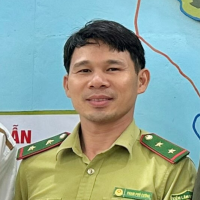

Make the right choice for all life on Earth
CONTACT
Address: No. 2, Song Hanh St., An Phu Ward, Thu Duc City, Ho Chi Minh City, Vietnam
Email: info@choicevn.com
Phone: 0286.286.0192


